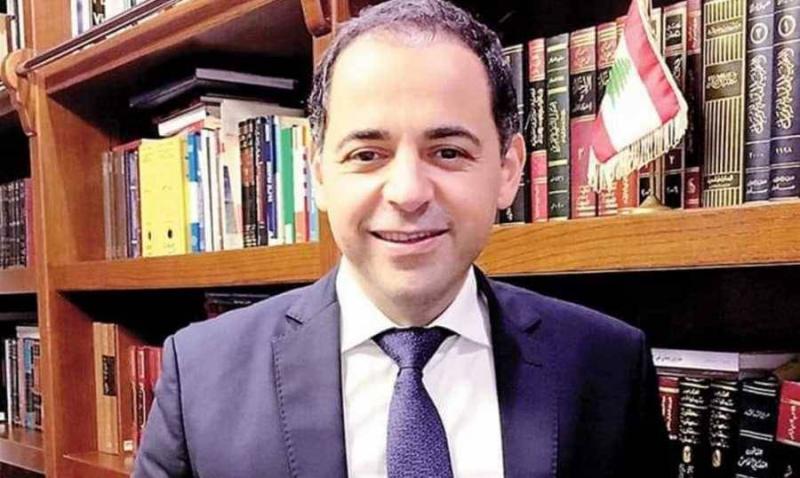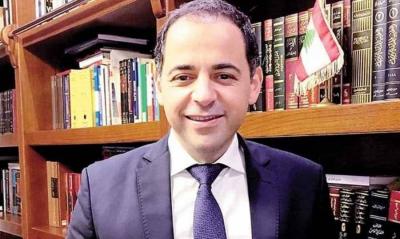Acting Governor of the Central Bank of Lebanon, Wassim Mansouri, indicated that the liabilities of commercial banks in Lebanon have reached approximately 88 billion US dollars. He noted that the central bank is about to propose a new method for distributing the funds of depositors that have been trapped since the start of the crisis in 2019. In an interview with "Al-Sharq" during the spring meetings of the International Monetary Fund and the World Bank, Mansouri stated that "the central bank is preparing to present new ideas regarding the way to distribute depositors' funds," explaining that he has tasked the bank's statistics department to study these deposits and categorize them in a manner that suits each group. He pointed out that "one of these groups will have their members treated as investors rather than depositors, and thus their funds will be returned based on financial methods that they understand and accept."
Mansouri stated, "The current economic conditions, especially in light of the mutual shelling between Hezbollah and Israel in the south and its effects on the economy, do not allow for an expansion of the beneficiary framework or its value; however, this is 'subject to change depending on developments.'" He identified four main factors for exiting the deposit crisis: the first is accountability through "the Lebanese judiciary only," the second is establishing a clear plan for returning depositors' funds. The third factor is rebuilding the banking sector to play a role in lending at a minimum, and finally, restructuring and building the state. He emphasized that "the country has no option but to implement all these factors."
Mansouri added, "The monetary stability resulting from controlling the money supply in Lebanese pounds, and not injecting dollars except through the state, and creating a balance between the dollarized economy and the local currency economy, is not sufficient to build the economy." He noted that efforts had begun to build the economy based on available capacities, but "regional conditions have impacted" this process, especially since "the ability to predict what will happen in the future is absent."
He also stated that developments in the geopolitical situation will require the government to seek larger funding sources to cover any additional expenses, "because I will not fund these additional expenses." He warned at the same time that the government's capacity is limited, as half of the budget allocated is for salaries, "which means that the other half is what can be controlled." As a result of the crisis, Mansouri indicated that the size of the Lebanese economy has declined from about 55 billion dollars to around 20 billion dollars, while the state budget has fallen from 17 billion dollars to about 3.2 billion dollars.




